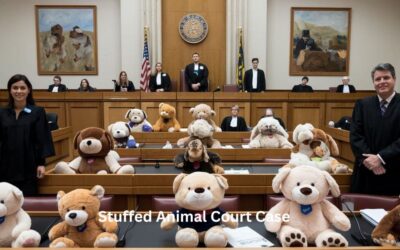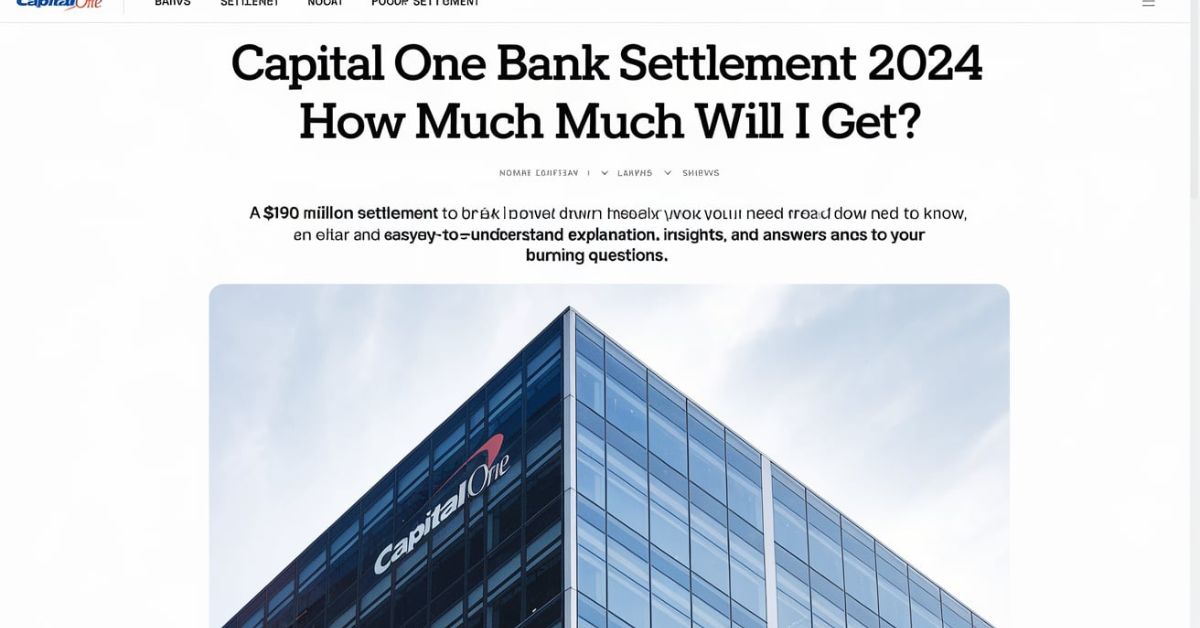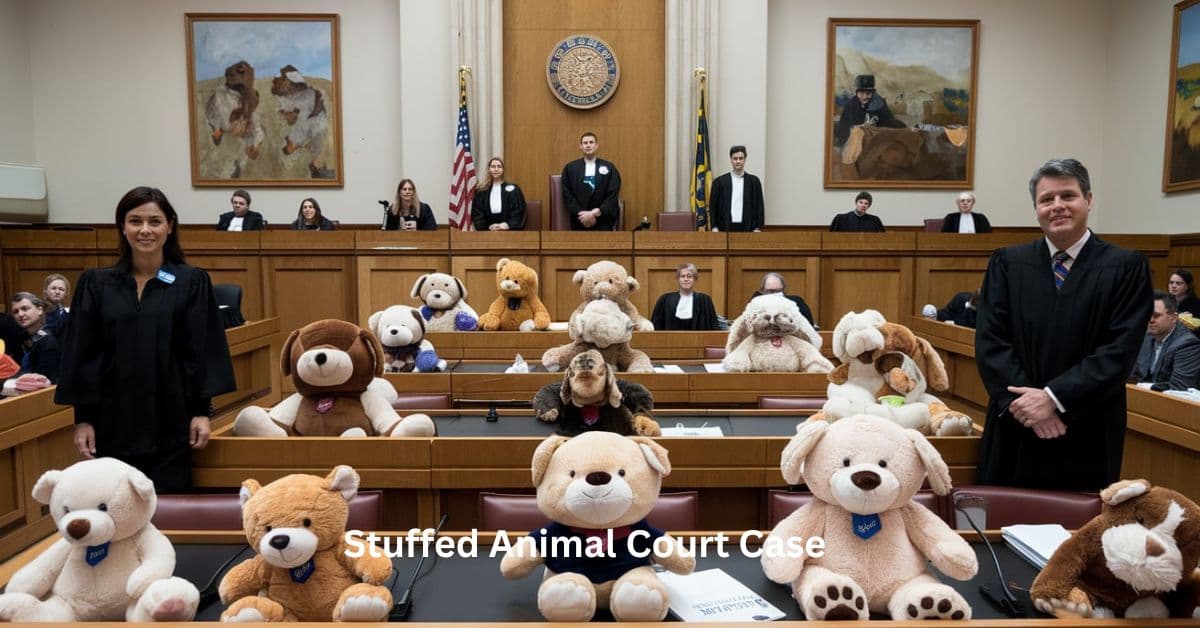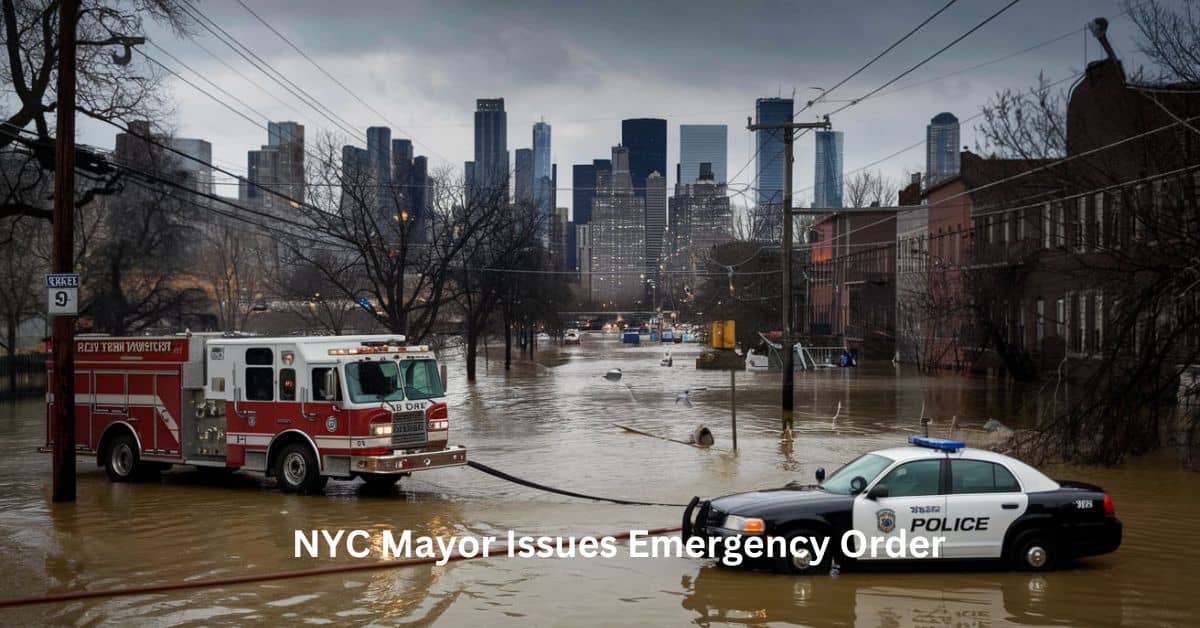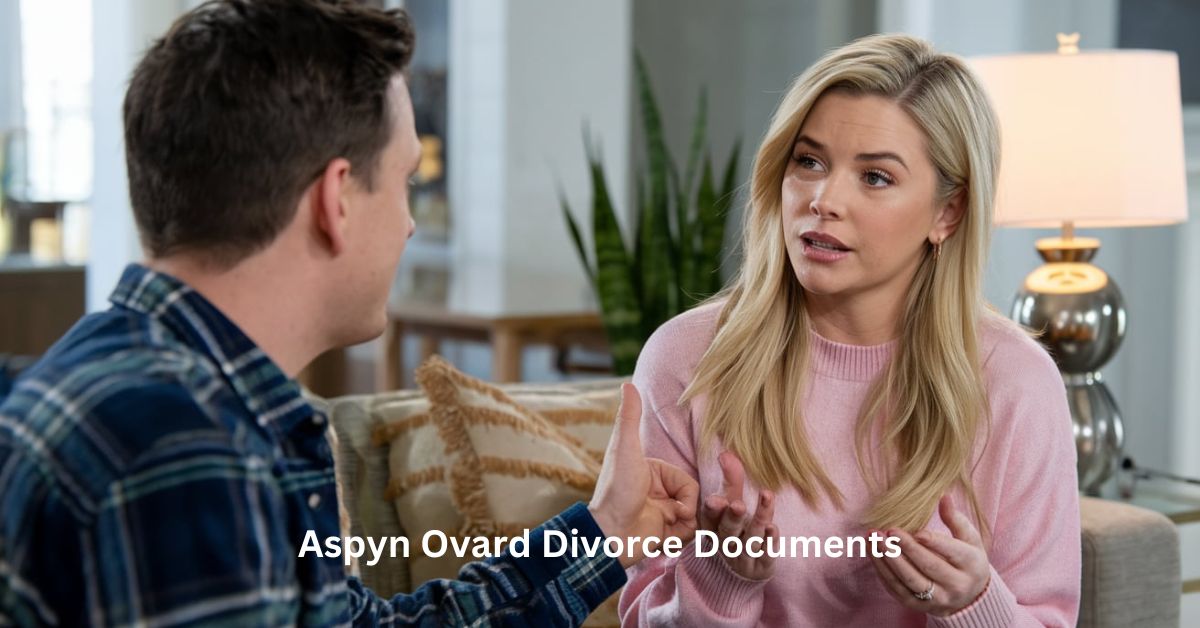Tnickelss Allegations: A Comprehensive Analysis
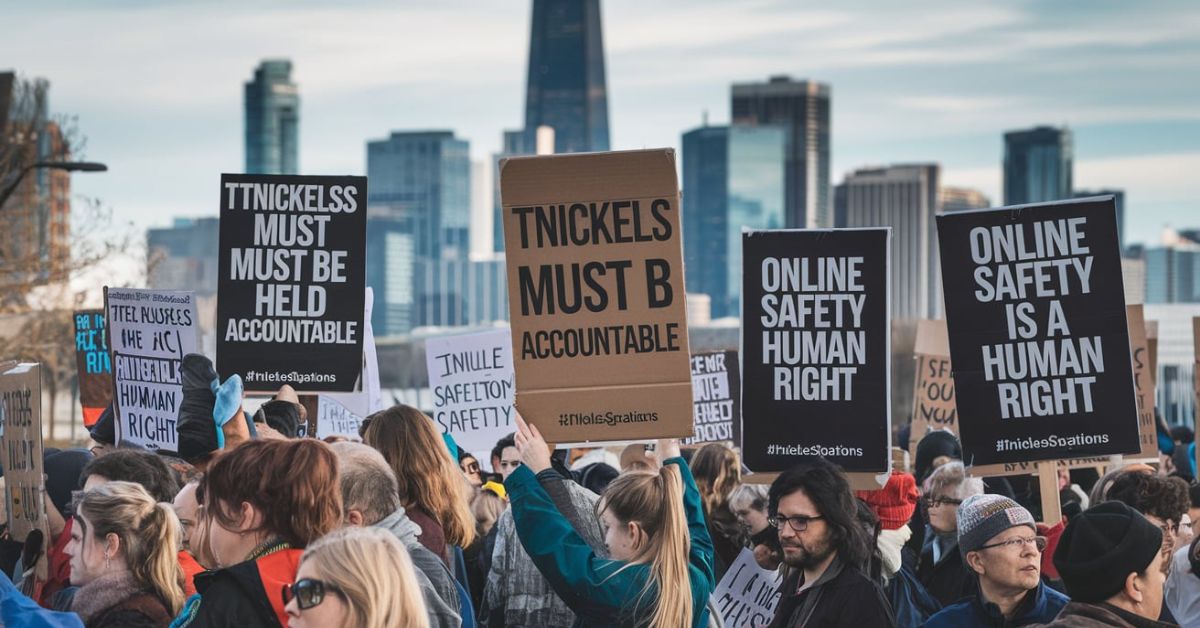
In recent times, the “Tnickelss allegations” have sparked widespread conversations across the internet, particularly in the United States. These allegations stem from accusations against a popular online figure, known as Tnickelss, concerning inappropriate interactions with a 17-year-old on the messaging platform Discord. The discussions surrounding the incident have raised significant concerns about online safety, the responsibility of influencers, and the consequences of inappropriate behavior on social media.
This article delves into the details of the Tnickelss allegations, explores the broader implications, and provides unique insights beyond what is already available. As we aim to offer a complete overview, we will address the concerns of the general public and examine the legal and ethical dimensions of the issue.
The Rise of Tnickelss
Before the allegations, Tnickelss was a prominent figure in the online community. His online persona attracted a dedicated following, with many admiring his work on social media platforms, including Discord and YouTube. As an influencer, Tnickelss engaged with his audience regularly, participating in discussions, playing games, and creating content that resonated with many young viewers.
However, the very platform that allowed him to connect with his fans also became the stage for the accusations that would alter his public image.
Breakdown of the Allegations
Discord Messages with a Minor
At the core of the “Tnickelss allegations” is the accusation of inappropriate messages exchanged between Tnickelss and a 17-year-old on Discord. The chat logs, which allegedly contained inappropriate comments, were leaked online by a third party. These messages quickly gained attention, leading to heated debates on social media platforms such as Twitter and Reddit.
Critics argue that as a public figure, Tnickelss should have exercised more caution when interacting with younger members of his audience. Online safety and the potential for exploitation are serious concerns, especially when minors are involved. The leaked messages have been scrutinized for crossing the line of professional and appropriate interaction, leading many to question his intentions.
Power Dynamics in Online Interactions
One aspect of the “Tnickelss allegations” that has garnered significant attention is the power dynamic inherent in influencer-fan relationships. Tnickelss, being a well-known figure, holds a position of influence and authority over his fans, especially younger ones. In such situations, the imbalance of power can lead to situations where inappropriate behavior may occur, whether intentional or not.
The age difference between Tnickelss and the 17-year-old further complicates the situation. While 17 is legally a minor in many places, the perception of a power imbalance exacerbates concerns about the ethical responsibilities of public figures engaging with their fans.
Public Reaction to Tnickelss Allegations
Online Outrage and Social Media Backlash
The internet’s reaction to the “Tnickelss allegations” was swift and intense. Many people condemned his actions, calling for him to be held accountable. Hashtags like #TnickelssAllegations and #CancelTnickelss trended on social media, with thousands of users expressing their frustration and disappointment.
Supporters of the alleged victim demanded justice and greater accountability from influencers like Tnickelss. They argued that public figures should be more aware of their actions and interactions, particularly when engaging with younger audiences.
Defenders of Tnickelss
Not everyone, however, was quick to pass judgment. Some of Tnickelss’ supporters came to his defense, claiming that the allegations were overblown or that the messages had been taken out of context. They pointed out that while the messages might have been inappropriate, they may not warrant the extreme backlash Tnickelss was receiving.
These defenders also highlighted the ambiguity surrounding the nature of the interactions, suggesting that there might have been misunderstandings or exaggerations by those sharing the leaked information. This divide in public opinion fueled further debates online.
Legal Implications of the Tnickelss Allegations
Age of Consent and State Laws
One of the key factors in the legal discussion surrounding the “Tnickelss allegations” is the age of consent. In the United States, the age of consent varies by state, ranging from 16 to 18 years old. While the alleged victim was 17, this does not automatically mean that the interactions were illegal. However, given the public nature of the allegations and Tnickelss’ role as an influencer, the ethical implications remain troubling.
Potential Consequences for Tnickelss
Although the legality of the situation may vary based on location, the damage to Tnickelss’ reputation has been substantial. Influencers, like celebrities, depend heavily on their public image to maintain their careers. In the age of social media, accusations such as those faced by Tnickelss can lead to loss of sponsorships, followers, and future opportunities.
Additionally, should any formal charges arise from the allegations, Tnickelss could face legal penalties. While it is currently unclear whether legal action will be taken, the possibility remains depending on the outcome of investigations and public pressure.
The Impact of the Tnickelss Allegations on the Online Community
Online Safety for Minors
The “Tnickelss allegations” have reignited conversations about online safety, particularly for minors. Platforms like Discord are designed to allow easy communication between users, but this accessibility also makes it easier for inappropriate interactions to occur, especially when minors are involved.
Parents, educators, and online communities have raised concerns about how easily minors can be exposed to harmful behavior online. In light of the Tnickelss situation, there has been a push for greater protection for younger users and stronger guidelines for influencers engaging with minors.
Responsibility of Influencers
Another key takeaway from the Tnickelss allegations is the responsibility that influencers bear when interacting with their fans. Given their large followings, influencers have the power to shape opinions and influence the behavior of their audience. This comes with a responsibility to act ethically and avoid situations that could be perceived as inappropriate.
The Tnickelss case serves as a reminder that public figures, particularly those with younger audiences, must be mindful of their actions and the potential consequences of their behavior.
Unique Insights into the Tnickelss Allegations
While many have focused on the specifics of the leaked messages, it’s important to take a step back and consider the larger societal issues at play. The Tnickelss allegations reflect a broader cultural shift in how we view online behavior, power dynamics, and the relationship between influencers and their audiences.
Navigating Gray Areas in Online Interactions
The allegations against Tnickelss highlight the complexities of navigating online relationships, particularly for influencers. While some may argue that the interactions were simply a case of poor judgment, others see them as evidence of a deeper problem: the blurred lines between personal and professional behavior in the digital age.
As more people, particularly younger generations, spend significant amounts of time online, the need for clearer boundaries and guidelines becomes evident. The Tnickelss allegations underscore the importance of setting clear expectations for how influencers engage with their fans, especially when minors are involved.
The Future of Accountability for Influencers
One potential outcome of the Tnickelss allegations is a renewed focus on holding influencers accountable for their actions. As more cases like this come to light, the public may demand stricter regulations and codes of conduct for influencers, particularly those who interact with younger audiences.
Platforms like Discord, YouTube, and Twitter may also face pressure to introduce more stringent rules for their users, ensuring that inappropriate behavior is swiftly addressed and that minors are protected from potential harm.
FAQs
What are the Tnickelss allegations?
The Tnickelss allegations involve accusations of inappropriate interactions between Tnickelss, a popular online influencer, and a 17-year-old on the messaging platform Discord. The allegations have sparked debates about online safety and the responsibilities of influencers.
Why did the Tnickelss allegations gain so much attention?
The allegations gained attention due to the involvement of a minor, the power dynamics between Tnickelss and his fans, and the nature of the leaked messages. The case raised important questions about online behavior, influencer accountability, and the safety of young internet users.
Could Tnickelss face legal consequences?
While it depends on the specific laws in the relevant jurisdiction, the age of consent in many U.S. states is 17 or higher. However, the public nature of the accusations and the power imbalance could still have serious ethical and reputational consequences for Tnickelss.
How did Tnickelss respond to the allegations?
At the time of writing, Tnickelss has not publicly addressed the allegations in great detail, leading to speculation and further discussion among his fans and critics alike.
What can be done to prevent situations like the Tnickelss allegations in the future?
Greater education on online safety, stricter guidelines for influencers, and more robust protections for minors on social media platforms could help prevent similar situations in the future.


